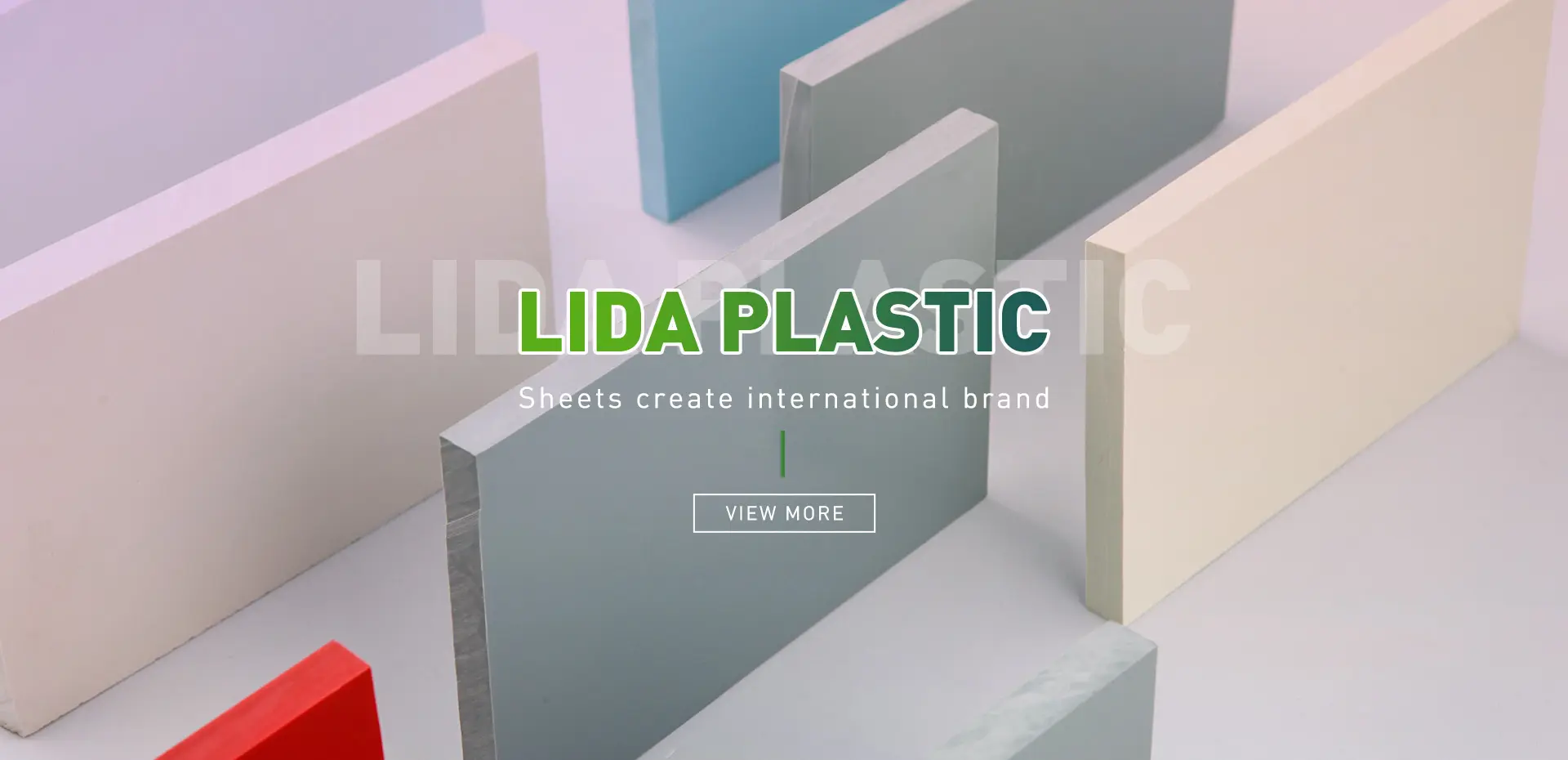Aug . 14, 2024 02:56 Back to list
A Comprehensive Guide to PE Pipe Fittings and Their Applications in Modern Plumbing Systems
Understanding PE Pipe Fittings A Comprehensive Overview
Polyethylene (PE) pipe fittings have revolutionized the plumbing and construction industries thanks to their durability, flexibility, and resistance to corrosion. As the demand for efficient and sustainable solutions continues to rise, understanding the intricacies of PE pipe fittings is essential for professionals and homeowners alike. This article will delve into the characteristics, applications, and benefits of PE pipe fittings.
Characteristics of PE Pipe Fittings
PE pipe fittings are made from high-density polyethylene (HDPE) or low-density polyethylene (LDPE). These materials provide excellent resistance to various chemicals, making them suitable for a wide range of applications. One of the primary characteristics of PE fittings is their lightweight nature, which makes installation easier and reduces transportation costs. Furthermore, these fittings are highly resistant to impact and UV radiation, ensuring that they last for many years without degradation.
Another key characteristic is their flexibility. PE pipe fittings can be bent and shaped to fit the installation requirements, minimizing the need for complex joint systems. This flexibility also allows them to absorb ground movements, reducing the risk of leaks in areas prone to seismic activity. Additionally, PE fittings boast low friction coefficients, ensuring smooth fluid flow and reducing energy costs associated with pumping systems.
Applications of PE Pipe Fittings
PE pipe fittings are widely used in various industries, including water supply and distribution, irrigation, and industrial applications. In water distribution systems, these fittings allow for the seamless connection of pipes, facilitating the efficient transport of potable water. Their resistance to corrosion and chemicals makes them ideal for transporting wastewater and other industrial fluids.
In agriculture, PE pipe fittings play a crucial role in irrigation systems. Their flexibility and durability ensure that they can withstand the rigors of outdoor exposure while efficiently delivering water to crops. Farmers often choose PE fittings for drip irrigation systems, which require precise flow control and reliable connections.
pe pipe fittings

Moreover, the environmental benefits of using PE pipe fittings cannot be overlooked. Given the growing emphasis on sustainability, many municipalities are turning to these fittings in efforts to improve water conservation. Their longevity and low maintenance requirements contribute to reduced resource consumption over the lifecycle of water infrastructure.
Benefits of Using PE Pipe Fittings
There are numerous benefits to utilizing PE pipe fittings in various applications. First and foremost is their ability to resist leaks, which is crucial for preventing water loss and maintaining system efficiency. Traditional materials, such as metal, are prone to corrosion and deterioration over time, leading to costly repairs and replacements. In contrast, the corrosion resistance of PE fittings ensures that they maintain their integrity for many years.
Cost-effectiveness is another significant advantage. The lightweight nature of PE fittings translates to lower shipping costs, while their long lifespan reduces the frequency of replacement. Moreover, their ease of installation can dramatically lower labor costs, making them an attractive option for contractors and builders.
Lastly, the environmental impact of using PE pipe fittings is favorable. Their recyclability and long service life contribute to more sustainable construction practices. As industries move towards greener solutions, PE pipe fittings are becoming an increasingly popular choice.
Conclusion
PE pipe fittings represent a robust solution for various plumbing and irrigation needs. Their unique characteristics, broad range of applications, and multiple benefits make them an essential component in modern infrastructure. As the demand for efficient and sustainable solutions continues to grow, PE fittings are poised to play a significant role in shaping the future of construction and water management systems worldwide. Whether in industrial settings or agricultural fields, the reliance on PE pipe fittings is a testament to their unparalleled performance and adaptability.
-
High-Quality PPR Pipes and Fittings Durable ERA PPR & PVC PPR Solutions
NewsJul.08,2025
-
Black HDPE Cutting Board - Durable, Non-Porous & Food Safe HDPE Plastic Cutting Board
NewsJul.08,2025
-
High-Quality CPVC Panel Durable HDPE & PVC Panels Supplier
NewsJul.08,2025
-
Double PE Welding Rod Supplier - High Strength, Durable & Versatile Welding Solutions
NewsJul.07,2025
-
High-Quality PVC-O Pipe Supplier Durable 75mm PVC Pipe & Connections Leading PVC Pipe Company
NewsJul.07,2025
-
HDPE Drainage Pipe Supplier – Durable & Corrosion-Resistant Solutions
NewsJul.06,2025

